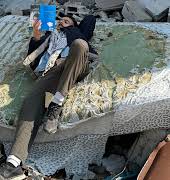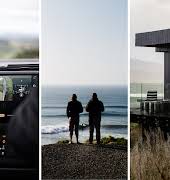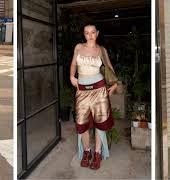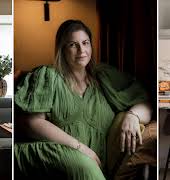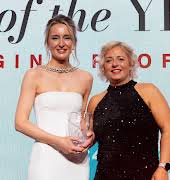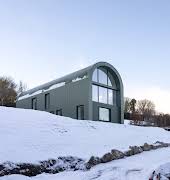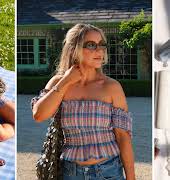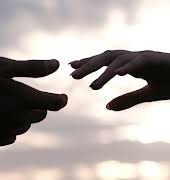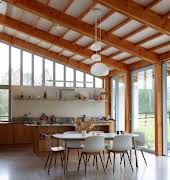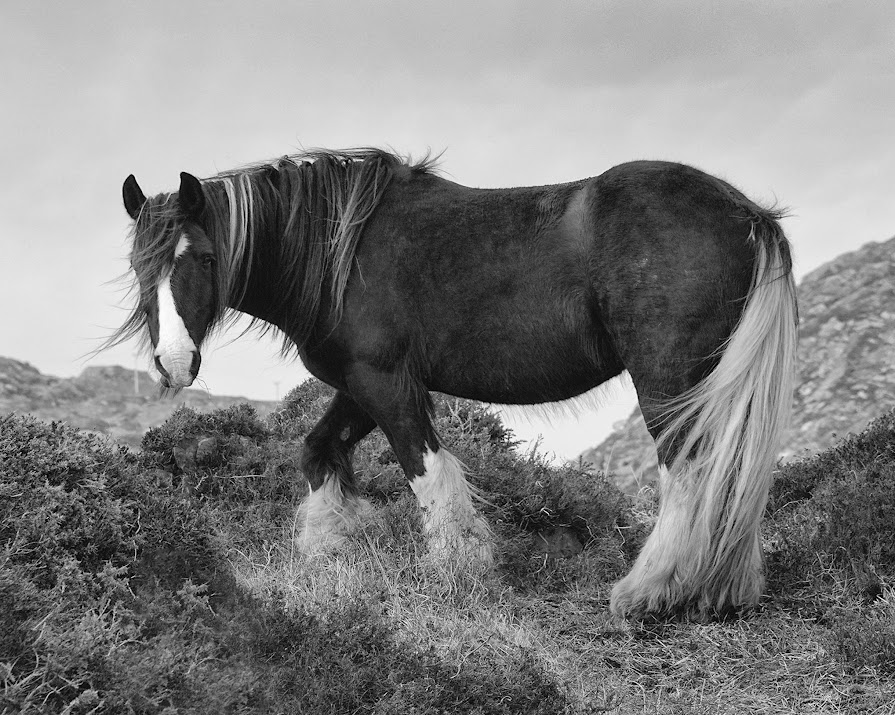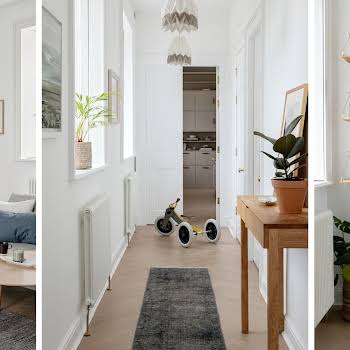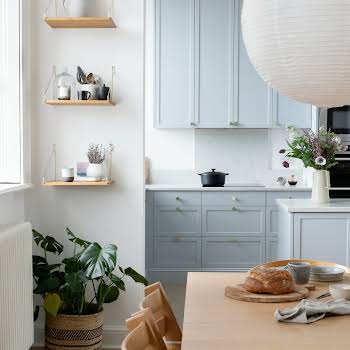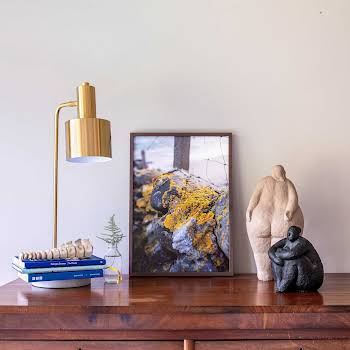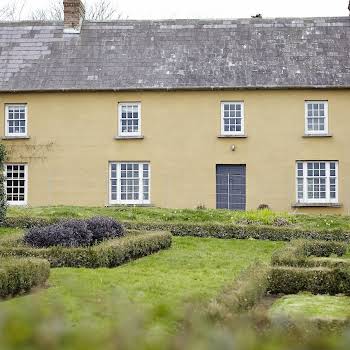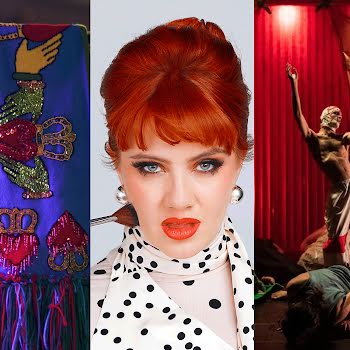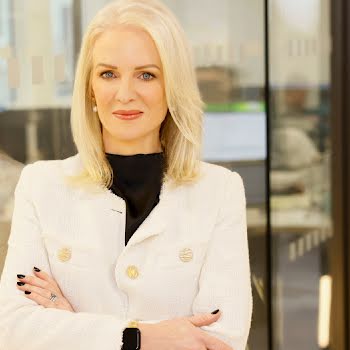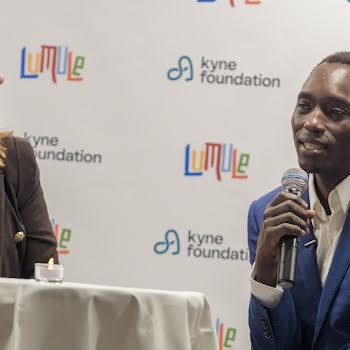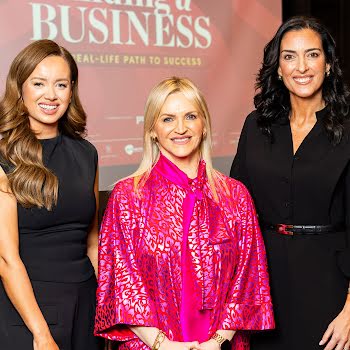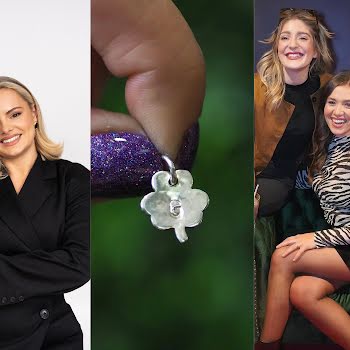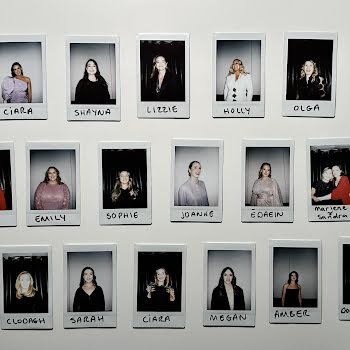
Remote Working: renowned photographer Giles Norman pays homage to Ireland’s undiscovered places
By Lizzie Gore-Grimes
28th Sep 2020
28th Sep 2020
Giles Norman is one of Ireland’s leading photographers, renowned for his collection of black and white images. He talks to us about working alone, capturing the elusive beauty of the Irish landscape and how little you need to get started yourself. All photographs by Giles Norman.
How did you first decide to become a professional photographer?
I picked up my first camera when I was 15 years old. It was for a school project, but it wasn’t until I received my first serious camera (Pentax K1000) for my 18th birthday that I began to think that I might make a career out of being a photographer. My love for photography was immediate; I instantly felt comfortable with a camera in my hand. I discovered that photography was the perfect medium for me to be creative; the instant creativity of photography is very appealing for someone with a short attention span (like me!). I’m somebody who loves to be constantly on the move, and I like how photography allows you to instantly capture a subject, and keep moving. When I finally had my own darkroom, the instant gratification of photography was heightened even more.

Why did you choose the Irish landscape as your preferred subject to photograph?
Well the simple answer would be that I was living in Ireland, on the doorstep of beautiful West Cork, when I picked up my first camera, so Ireland’s landscape was an obvious subject to choose. But there’s more to it than just convenience; I’ve travelled all over the world, and I have various international collections, but for me, there truly is nowhere as beautiful as Ireland. Ireland is an island after all, so you’re never too far from the coastline; and where the sea meets the land, there will always be a canvas for photographers to find. There is a great sense of freedom along the Irish coastline – I’ve been fortunate enough never to have anyone shouting at me to stay off a certain path – Ireland is known as a country that nurtures artists, and I’ve always felt welcomed in this landscape.
WATCH: Lost in the Landscape: Take a Journey with Irish Photographer, Giles Norman

Beauty can be found in the most seemingly mundane of subjects; beauty isn’t always loud – it can be quiet and discreet.
Does the setting have to be remote to inspire you?
With my landscape photography (as opposed to my street photography), yes. The more remote I am, the more inspired I feel. I am constantly striving for what I refer to as “pure photography” in the sense that I always try to capture an image with no man-made intrusions (e.g. telephone pole) or people, and the more remote you get, the easier it is to achieve this purity. And I am someone who loves venturing off the beaten path; and there are those times when I’ve stumbled across a remote location along Ireland’s coastline, and I’ve had the sense that perhaps I’m the first person to capture this scene in this location – there’s a great thrill in that feeling.

What you leave out of a photograph is always more important than what you leave in the frame/photograph.
Is being alone an important part of the creative process for you? Do you feel the beauty of these isolated places elusive to capture?
For me, working alone feels right; I can only work alone. And it doesn’t always feel elusive, but sometimes you return to your studio (or in the old days, the darkroom) to find that the shot you captured isn’t exactly the shot that you saw in the moment that you captured it, but there is still beauty there in the image; I think if you let go of preconceptions (and don’t try to be too prescriptive in what you’re capturing), you don’t struggle with elusiveness because you’re open to the possibilities of what the elements and landscape will present to you on the day.

When it comes to landscape photography, what key tip would you share?
Keep it simple. You don’t need a whole bag of equipment. Concentrate on composition. And if there’s one piece of advice I could give to an aspiring photographer, it’s this: what you leave out of a photograph is always more important than what you leave in the frame/photograph.

What is so special about the Beara Peninsula that you were inspired to dedicate a new collection to it?
I’d always been told about the Beara Peninsula, and how it’s been home to many artists over the years, but the first time I travelled to the Beara Peninsula, it was shrouded in mist and rain, and I didn’t even take my camera out of my bag; put simply, I left there unimpressed. And to my shame, it took me another ten years to revisit this peninsula with my camera; and only then did I realise its stunning beauty, and understand how and why it drew so many painters and photographers to its shores. You could say: it started off with a disastrous first date, but in the end, I fell in love with the Beara Peninsula, and I make a point of returning there every few years to capture its beauty.

What’s your essential kit?
For me, the less baggage the better. I have always worked with just one camera and one lens (and no tripod!). At present I use a Nikon D850 with a 28-300mm zoom lens.
Time of day?
With the changing weather in Ireland, I tend to shoot across the whole day, and use the different elements and sunlight for different results.
Picking the perfect location
The way I work is I tend to pick a general location, for example Sligo, and then I spend an entire week there becoming fully immersed in the landscape, and let the individual locations choose me (so to speak). In many cases, it can simply be the case of a step to the left, or a step to the right, that can completely alter an image and make it the perfect shot.
What to bring
It used to be plenty of rolls of film, but now it’s plenty of memory. And a good pair of walking boots, waterproof gear, and something to clean my camera lens. And, of course, some fuel in the form of a Mars bar, a packet of bon bons and water.
What not to bring?
A bag full of gadgets. And preconceptions of what you would like to capture (be open to unexpected possibilities!).
Which photography resources do you look to for inspiration?
Photography books have always been an invaluable resource for me; when I was starting out in the early eighties, the internet did not exist, so the only way to access the work of renowned international photographers that I admired was through books and journals. I would travel to Easons in Cork city, and visit their photography book section, and the books that lined these shelves were my source of inspiration as an amateur photographer. My favourite photography books are by Ansel Adams, Robert Doisneau, Brassaï, and Henri Cartier-Bresson, and I often take these books with me on my trips to keep me inspired, and remind me of what I’m trying to achieve.
What about for those with just a smartphone?
Personally, I would only use a smartphone for family photographs, but I have seen some great images captured on smartphones. And for me, after forty years of being a photographer, I need an SLR in my hand before I feel like I’m really at work. But I wouldn’t underestimate the use of a smartphone, especially for the younger generation; and it’s a nice tool to use for somebody building an interest in photography, to have a play with before investing in a SLR camera. And with today’s technology, the printing quality of a smartphone image is incredibly high.
Giles Norman is relaunching his online gallery – www.gilesnorman.com – at the end of June 2020. His gallery and studio space in Kinsale is now re-open as is the Giles Norman Townhouse – offering boutique luxury accommodation in the heart of Kinsale.
Read more: You don’t have to be a Medici to support and champion artists
Read more: A new crowdfunded photography project is set to brighten up the shuttered streets of Dublin
Read more: ‘You will come out the other side’: this Irish video captures the mood of returning to society perfectly


